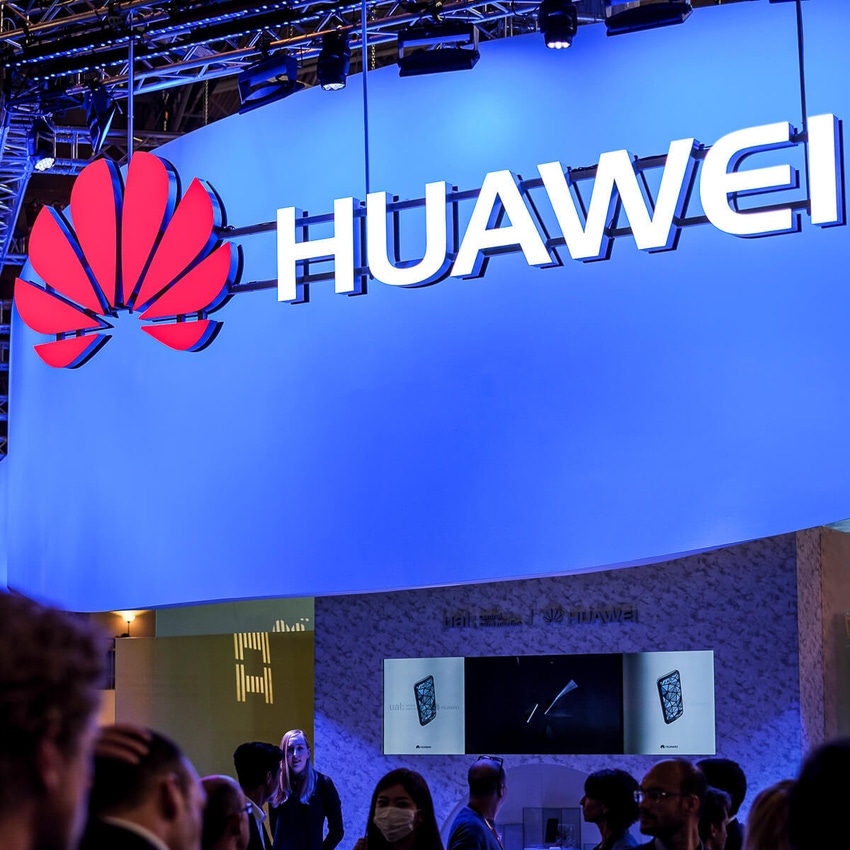Huawei has placed bets of dozens of China chip startups and plans to open its first fab in 2021 as it tries to rebuild its supply chain.

Huawei has placed bets on dozens of China chip startups, and plans to open its first fab in 2021 as it tries to rebuild its supply chain.
Its investments through venture arm Habo Technology Investment Co Ltd cover virtually every part of the semiconductor industry chain, including IC design, electronic design automation (EDA) software, packaging and testing, and materials, according to a deep dive by financial magazine Caijing.
Figure 1:  Ground up: Huawei has placed its faith in China's chip startups to save it from US sanctions and the chip shortage.
Ground up: Huawei has placed its faith in China's chip startups to save it from US sanctions and the chip shortage.
(Source: Karlis Dambrans on Flickr, CC 2.0)
Habo Technology has invested directly in 38 companies since it was formed three years ago, of which 35 are chip-related.
The choices are made for technology, not financial, reasons, with the aim of building a controllable supply chain, one investor close to Habo told Caijing.
Needs must
Prior to the establishment of Habo in 2019, Huawei CEO Ren Zhengfei had insisted the company would not invest in or partner with suppliers in order to ensure it was free to choose the best technologies available.
The US sanctions have blown that away.
As tech blogger Kevin Xu pointed out: "Habo is a way to find and invest in the best companies in China who can be suppliers and partners, and groom them to be world class quality. That's why Huawei gives them its business -- there's no better training than serving a real (and big) customer."
However, Habo stops short of investing in the high-end handset and high-performance computing chips that are the core business of HiSilicon, its chip design subsidiary.
Habo's investment focus has shifted several times as it has built out its prospective supply chain partners, Caijing says.
Interested in Asia? Check out our dedicated content channel here on Light Reading.
In late 2019 and the first half of 2020, its targets were materials and opto-electronic chip firms. In the latter part of 2020 and early 2021, it shifted to EDA software.
In recent months it has targeted advanced equipment. In early June it invested 82 million yuan (US$12.7 million) in Beijing RSLaser Opto-Electronics Technology Co, specialist in light source systems for lithography machines.
Its latest investment, just two weeks ago, was MaxOne, the first Chinese company to be able to design vertical probe cards, an essential for IC packaging.
Do it yourself
As well as compiling its own supply chain, Huawei has joined the national rush to build chip fabs.
It expects to start initial production in its first wafer fab in Wuhan next year with an investment of 1.8 billion yuan ($279 million), initially to produce optical communication chips and modules, Taiwan's Digitimes has reported.
Huawei can't do this alone, which is where its investees come in. It is hoping that over the next three-to-five years its portfolio companies can support its entire production lines.
Related posts:
— Robert Clark, contributing editor, special to Light Reading
Read more about:
AsiaAbout the Author(s)
You May Also Like











